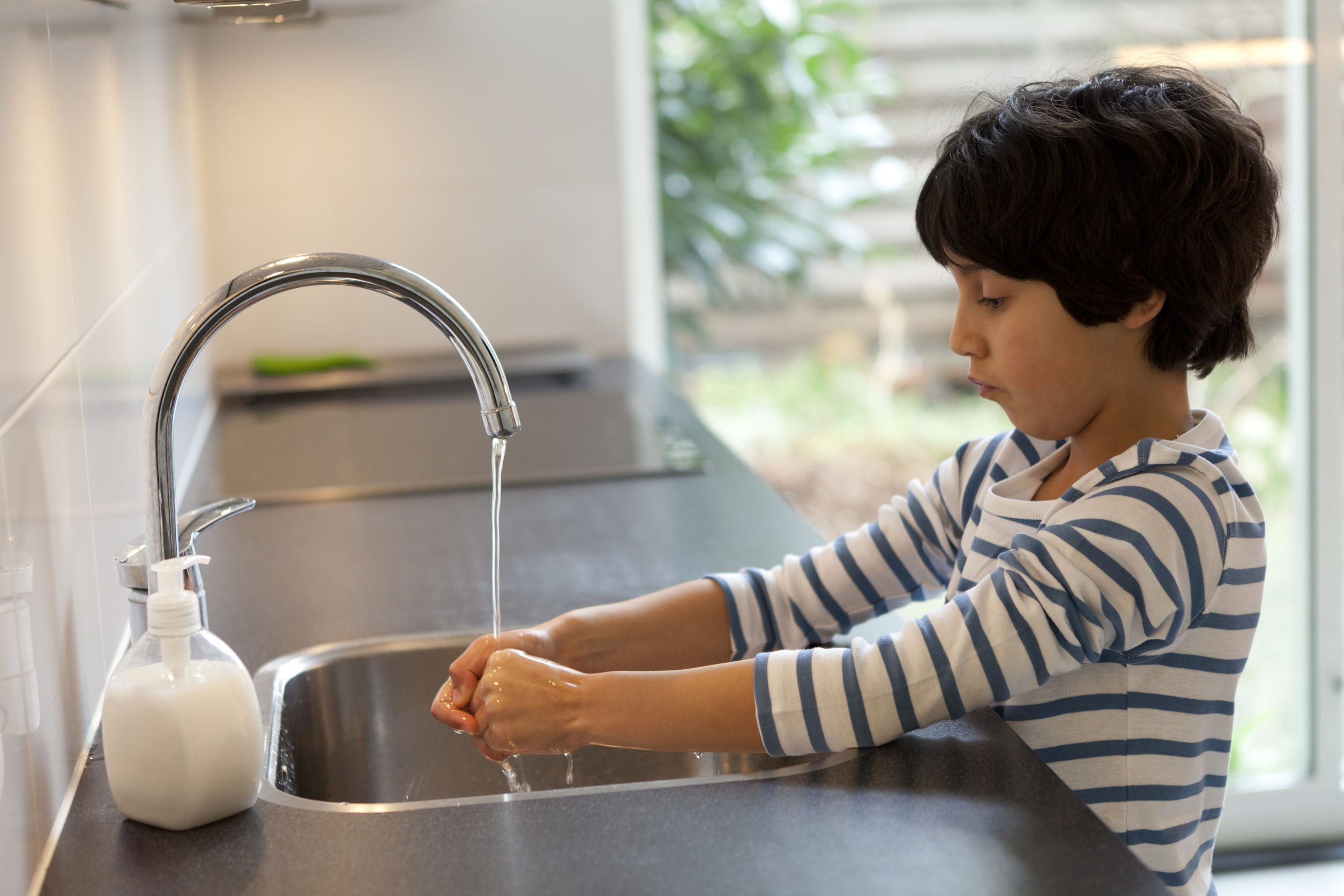We all are experiencing closings, postponements and cancellations due to the current public health crisis caused by the coronavirus (COVID-19).
While medical health professionals offer advice on how to handle the virus, we want to provide some guidance about how to talk to children about all that is going on.
Discuss appropriately
Let’s first start by focusing on how you as an adult are handling your emotions around this crisis. Make sure you are not streaming and reading too much news, especially that children can see and hear.
Also maintain calm as much as possible when around your children. Don’t make phone calls that are not necessary where you discuss the virus and the current state of affairs. Save those for when children are away or in bed.
Children are naturally curious. They are going to want to know what is going on.
Here are some helpful guidelines and tips to follow when talking and interacting with your children:
- Be honest but age appropriate: It’s okay to let children know a virus or germ is going around that we want to try and stay away from by washing our hands. Acknowledge with them that they have been sick before, and just as you were with them then, you are there to take care of them if they get sick this time. Be honest, simple and concrete.
- Give children something to do: Remind them they can wash their hands and help clean your home. Having something they feel they have control over will help with anxiety.
Spend time intentionally
- Establish intentional connection time: When times of uncertainty hit, our children need us more emotionally. Find time to play together, talk and do things they find enjoyable and connecting. You will be surprised how you can hear your child’s heart when you spend intentional time with them.
- Avoid the brush off: Children have heard so much about this virus and all that is going on right now. They have probably dreamed up some ideas themselves. Listen to them without judgment, and let them express their feelings without fear of being told their feelings are ridiculous. It is okay to then talk about the facts, but sometimes they just need to be heard without interruption.
- Use this as a time to pray: Help your children to channel their anxiety through prayer. Pray with them or have them repeat after you as you ask God to heal those who are sick and to calm any fears they might be experiencing.
Ultimately, set aside extra time for your children during this time of uncertainty. Be available. Be present. Put down your phones, turn your TVs off and be with your children. Stick to your schedule as much as possible and look for fun activities to get their minds off of all that is happening. Your calm, engaged presence could be just the antidote to your children’s worries.
3 health tips to teach kids
Source: Harvard Health Blog
1. Sneeze or cough into tissues (and throw them away) or sneeze or cough into your elbow. This helps keep germs from traveling and making other people sick.
2. Wash your hands with soap and water at the same times you usually do, like after going to the bathroom, before eating and after blowing your nose. When you wash your hands, remember to count slowly to 20. (Parents can help by singing the ABCs or “Happy Birthday” with their children the number of times it takes for 20 seconds to pass. This helps children remember to wash for a sufficient amount of time.)
3. Keep your hands out of your mouth, eyes and nose.
EDITOR’S NOTE — Faith & Family is a bimonthly look at important spiritual, cultural and relational issues facing today’s families. For more articles on contemporary topics like these, go to PathwaysProfessional.org/blog.
Lisa Keane (MAMFC, LPC-S, NCC, Registered Play Therapist Supervisor) is clinical director of marriage and family and Kristin Lowrey (MSW, LiCSW, PIP, Registered Play Therapist Supervisor) is clinical director of children and adolescents for Pathways Professional Counseling, a sister ministry of Alabama Baptist Children’s Homes & Family Ministries.






Share with others: